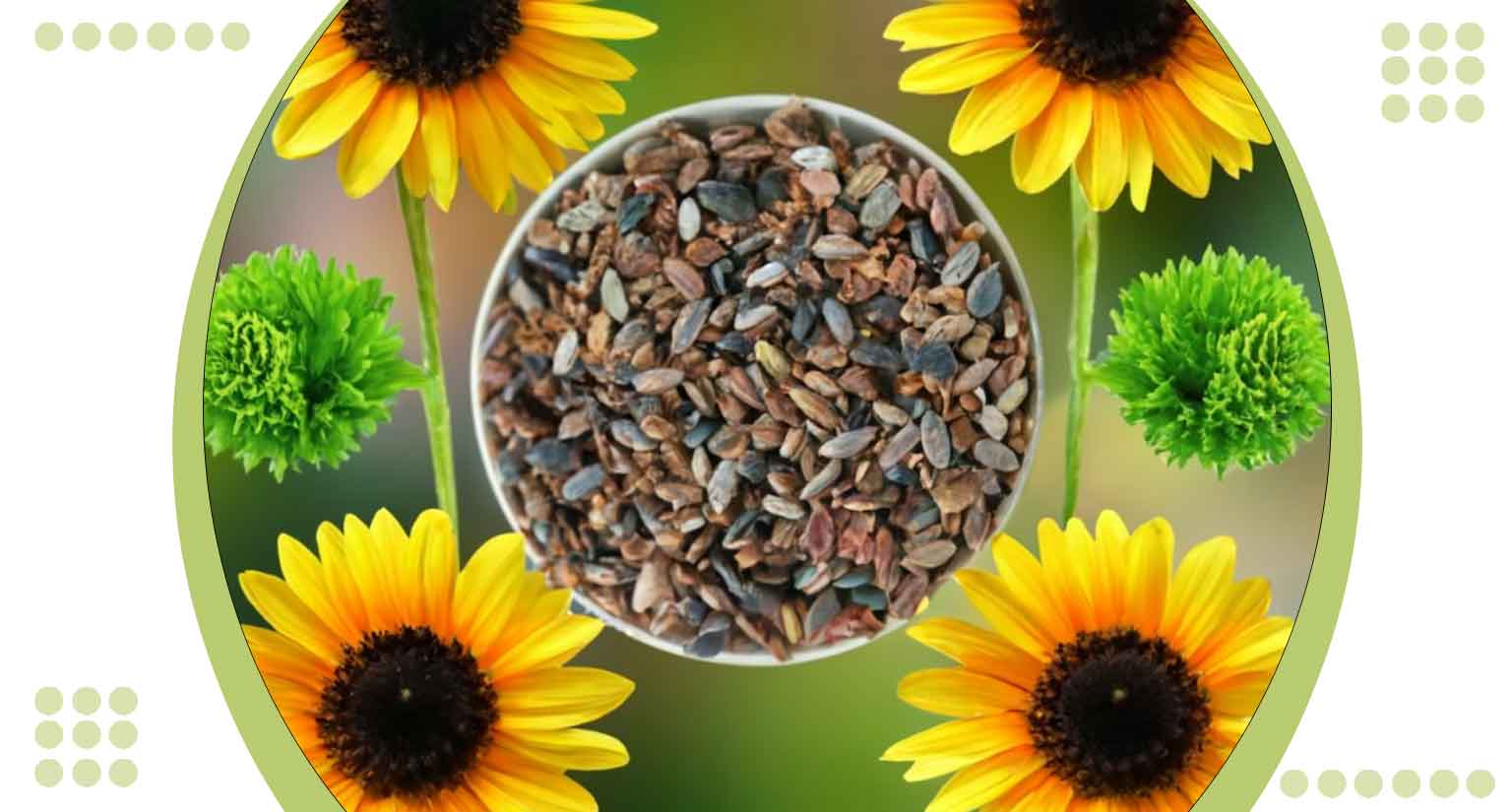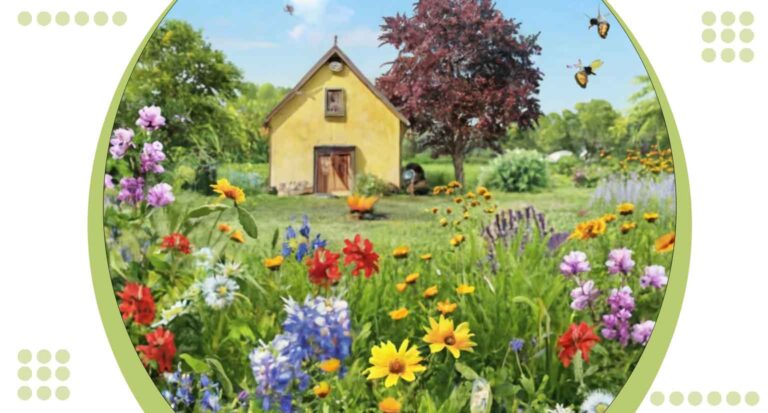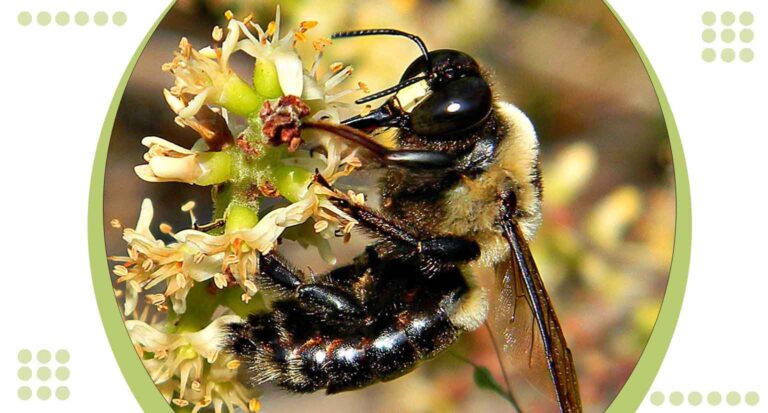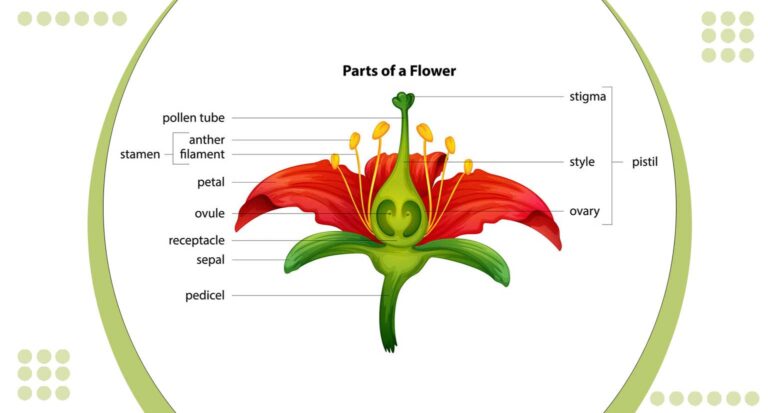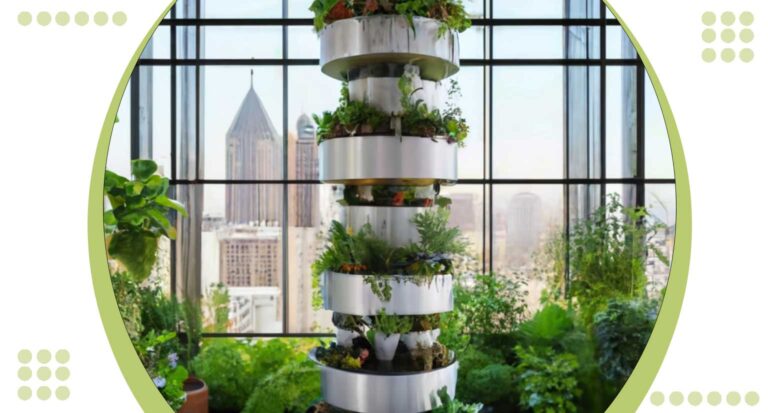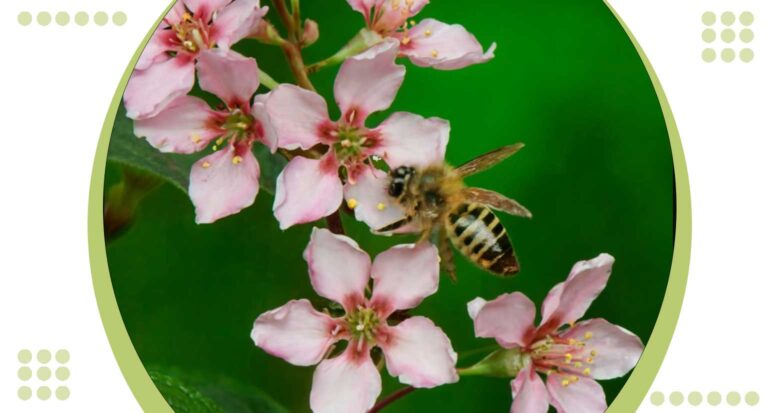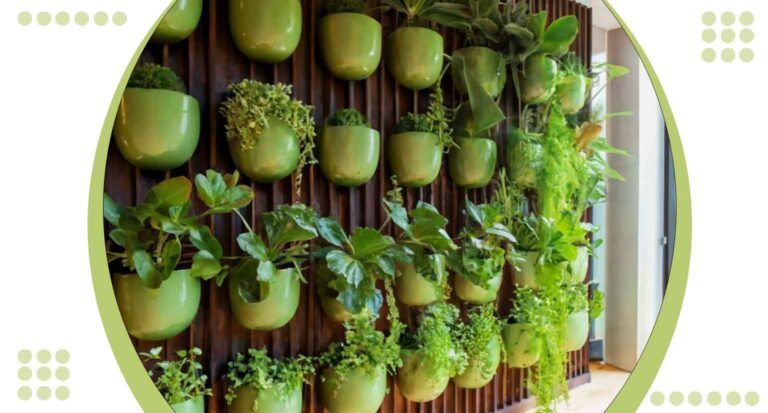Pollinator Plant Seeds: 5 Vital Varieties for Vibrant Gardens
Pollinator Plant Seeds are the secret to unlocking nature’s symphony. Your garden to new heights by embracing the vibrant hues and delightful fragrances that come to life with these extraordinary seeds.
As you sow the seeds of diversity, you not only create a visually stunning landscape but also play a crucial role in supporting pollinators like bees and butterflies. Nurture your garden with seeds that not only bloom into a spectacle but also contribute to the delicate balance of our ecosystem.
How important are pollinators for wild plants?
Guardians of Biodiversity in Natural Ecosystems
Pollinators are crucial for the survival and vitality of wild plants, playing several pivotal roles in natural ecosystems:
Reproduction
Pollinators enable the reproduction of wild plants by facilitating the transfer of pollen between male and female parts, leading to the formation of seeds.
Genetic Diversity
The diversity of pollinators contributes to the genetic variability of plant populations, fostering adaptability to changing environmental conditions.
Ecosystem Stability
Wild plants and their pollinators are integral to maintaining ecosystem stability. They support a delicate balance, preventing the dominance of specific species and promoting biodiversity.
Food Web Dynamics
Pollinators are a vital link in the food web, providing sustenance for various wildlife species. Their activities contribute to the interconnectedness of diverse organisms in natural habitats.
Habitat Restoration
Supporting pollinators helps restore and preserve natural habitats, contributing to the overall health of ecosystems and mitigating the impact of habitat loss.
By planting Pollinator Plant Seeds, you actively participate in sustaining the intricate relationships between pollinators and wild plants, fostering the resilience and beauty of natural landscapes.
What is an advantage of attracting more pollinators?
A Thriving Ecosystem
Attracting more pollinators to your garden is not just about creating a picturesque landscape, it offers numerous advantages, including.
1. Enhanced Crop Yield
More pollinators mean increased fertilization, leading to a higher yield of fruits, vegetables, and seeds in your garden.
2. Biodiversity Boost
A diverse range of pollinators contributes to overall biodiversity, creating a healthier and more resilient ecosystem.
3. Ecosystem Resilience
Pollinators play a vital role in the reproduction of many plants. By attracting them, you contribute to the stability and resilience of your garden’s ecosystem.
4. Garden Aesthetics
With a variety of pollinators buzzing around, your garden becomes a vibrant, dynamic space filled with life and color.
5. Educational Opportunities
Observing the interactions between plants and pollinators provides valuable insights into the intricacies of nature, offering educational opportunities for both young and seasoned gardeners.
How do I pollinate my garden?
Take control of nature’s orchestra by actively participating in the pollination process in your garden. Here’s a step by step guide.
Identify Your Plants
Understand the pollination needs of your plants. Some may rely on wind, while others may need the assistance of pollinators.
Hand Pollination
For plants requiring direct intervention, gently transfer pollen from the male to the female parts using a small brush or cotton swab.
Attract Pollinators
Enhance your garden’s appeal to bees, butterflies, and hummingbirds by planting pollinator friendly flowers. Consider our Pollinator Plant Seeds for a tailored approach.
Create a Biodiverse Environment
A diverse garden attracts a variety of pollinators. Mix different plant species to create a rich tapestry that supports various insects and birds.
Avoid Pesticides
Minimize the use of pesticides, as they can harm pollinators. Opt for natural alternatives to keep your garden thriving.
Be Patient
Allow nature to take its course. Be patient and let the pollinators do their work. Observing the natural pollination process is part of the joy of gardening.
How do plants pollinate?
Process of Pollination
In the enchanting world of plants, pollination is a delicate dance orchestrated by nature. It involves the transfer of pollen from the male part of a flower (the stamen) to the female part (the stigma), ultimately leading to fertilization and the production of seeds.
This process can occur through various mechanisms, including wind, water, and the assistance of pollinators like bees and butterflies.
Pollinator Plant Seeds celebrate and support this intricate dance, offering you the opportunity to witness the magic of pollination in your own garden. The wonders of nature’s reproductive ballet and cultivate a garden that echoes with the whispers of life.
What are the best plants for pollinators?
Pollinator Plant Seeds offer you the opportunity to curate a garden that not only showcases nature’s wonders but also supports the crucial work of bees, butterflies, and hummingbirds.
Carefully curated collection and sowed the seeds of a vibrant, biodiverse garden. Plants that go beyond aesthetics, contributing to the flourishing harmony of your ecosystem.
What attracts pollinators?
Irresistible Allure for Nature’s Guests
Creating a garden that beckons pollinators is an art, and understanding what attracts them is the key to a thriving ecosystem. Pollinators, such as bees and butterflies, are drawn to vibrant colors, fragrant blooms, and a variety of nectar rich flowers.
Pollinator Plant Seeds, can effortlessly transform your garden into a haven that entices these essential visitors. Choose from our thoughtfully curated collection to provide a buffet of irresistible blooms, ensuring your garden becomes a hotspot for pollinators.
Your gardening experience with seeds that not only beautify but also create an environment that celebrates the enchanting dance of nature’s pollination process.
What are self-pollinating seeds in Pollinator Plant seeds?
Self pollinating seeds have a unique ability to fertilize themselves, eliminating the need for external pollinators. In these plants, both male and female reproductive organs coexist within the same flower, facilitating the transfer of pollen and ensuring successful fertilization.
This independent process contributes to the reliability and efficiency of seed production, making self pollinating plants an excellent choice for gardens with limited pollinator activity.
Self Pollinating Seeds to experience the convenience of a garden that orchestrates its own reproductive symphony, promising a bountiful harvest and simplified cultivation.
Conclusion
In the tapestry of gardening, Pollinator Plant Seeds stand as the orchestrators of a vibrant, biodiverse ecosystem. Elevate your green haven with these meticulously curated seeds, designed to attract and support nature’s essential pollinators.
From bees to butterflies, witness the transformative dance of life unfold in your garden. The beauty, the balance, and the bounty that Pollinator Plant Seeds bring. Sow the seeds of sustainability, cultivate a haven for pollinators, and reap the rewards of a flourishing, harmonious garden.

